James Lee Burke’s Another Kind of Eden, the third installment in the Holland Family Saga, is a masterful exploration of the American West during the early 1960s, a time when the landscape was as much a character as the people who inhabited it. Burke, known for his lyrical prose and deep psychological insights, weaves a tale that is both haunting and beautiful, capturing the essence of a pastoral paradise that is, beneath its surface, rife with darkness and danger.
The protagonist, Aaron Holland Broussard, is an aspiring novelist who embodies the restless spirit of the era. His journey begins in a boxcar, a metaphor for his search for inspiration and belonging. This choice of setting immediately immerses the reader in the transient nature of his life, reflecting a broader theme of searching for identity in a world that often feels chaotic and unforgiving. As he jumps off the train in Denver, the reader is introduced to a vibrant yet complex landscape that serves as a backdrop for Aaron's personal and emotional struggles.
Upon arriving in Denver, Aaron finds work on a farm and meets Joanne McDuffy, a fiercely intelligent college student and talented painter. Their connection is palpable, and Burke captures the essence of young love with a delicate touch. However, their romance is complicated by Joanne’s entanglement with a dubious professor involved in a drug-addled cult. This subplot introduces a layer of tension and moral ambiguity, forcing Aaron to confront not only his feelings for Joanne but also the darker aspects of human nature. Burke's ability to intertwine personal relationships with broader societal issues is one of the hallmarks of his writing, and it shines through in this narrative.
Thematically, Another Kind of Eden delves into the duality of human existence—the juxtaposition of beauty and horror, love and betrayal, innocence and corruption. The idyllic wheat fields and mist-filled canyons serve as a stark contrast to the sinister businessman and his son, who embody the cruelty and greed that lurk beneath the surface of this seemingly perfect world. Burke’s portrayal of these antagonists is chilling, as they wield their influence with a brutal hand, drawing Aaron into a web of grotesque murders that threaten not only his life but also the life of the woman he loves.
Burke’s character development is particularly noteworthy. Aaron is not merely a passive observer; he is a deeply flawed individual grappling with his own demons. His journey is one of self-discovery, as he learns to navigate the treacherous waters of love and morality. Joanne, too, is a richly drawn character, embodying the struggles of women in a patriarchal society. Her fierce independence and artistic spirit make her a compelling counterpart to Aaron, and their relationship serves as a catalyst for both characters’ growth.
The presence of a mysterious, shrouded figure adds an element of the supernatural to the narrative, blurring the lines between reality and myth. This figure symbolizes the unknown forces that shape our lives, and Aaron’s confrontation with this entity serves as a metaphor for his internal struggles. Burke’s use of symbolism is profound, inviting readers to reflect on the nature of evil and the choices we make in the face of it.
Burke’s prose is nothing short of poetic, with vivid imagery that brings the American West to life. His descriptions of the landscape are lush and evocative, creating a sense of place that is both enchanting and foreboding. The writing flows with a rhythm that mirrors the ebb and flow of the narrative, drawing readers into the world he has created. Each sentence is crafted with care, and Burke’s ability to evoke emotion through his words is a testament to his skill as a storyteller.
In comparison to other works within the genre, Another Kind of Eden stands out for its intricate character studies and moral complexity. Authors like Cormac McCarthy and Larry McMurtry also explore the American landscape and its inhabitants, but Burke’s unique blend of lyrical prose and psychological depth sets him apart. While McCarthy often delves into the bleakness of human existence, Burke balances darkness with moments of beauty and hope, making his narrative more accessible and emotionally resonant.
The impact of Another Kind of Eden extends beyond its pages; it invites readers to reflect on their own lives and the choices they make. The themes of love, sacrifice, and the struggle against evil resonate deeply, prompting introspection about the nature of humanity. Burke’s exploration of these themes is both timely and timeless, making the novel relevant to contemporary readers while also paying homage to the rich literary tradition of the American West.
In conclusion, James Lee Burke’s Another Kind of Eden is a compelling and beautifully written novel that captures the complexities of love and the human experience against the backdrop of a hauntingly beautiful landscape. With its rich character development, intricate themes, and lyrical prose, this book is a must-read for anyone who appreciates literature that challenges and inspires. Burke has once again proven himself to be a master storyteller, and this installment in the Holland Family Saga is a testament to his enduring talent.
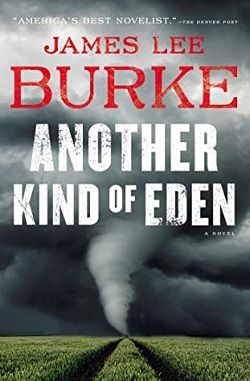




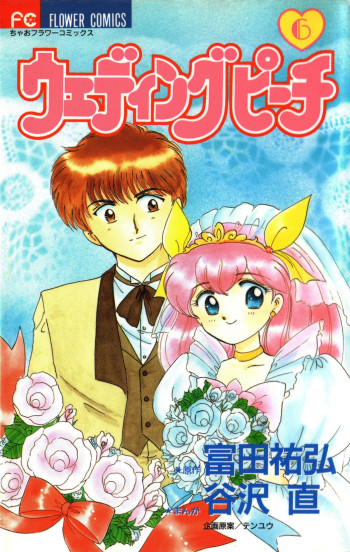
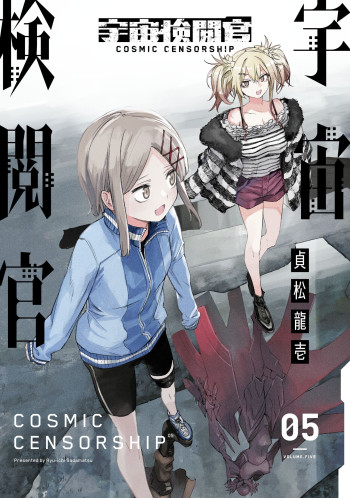
![Baby Prisoner of the Winter Castle [Official]](/upload/pic/manga/baby-prisoner-of-the-winter-castle--official-.jpg)
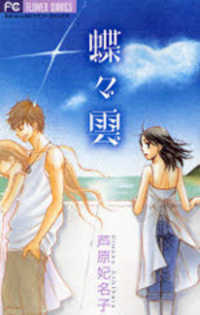
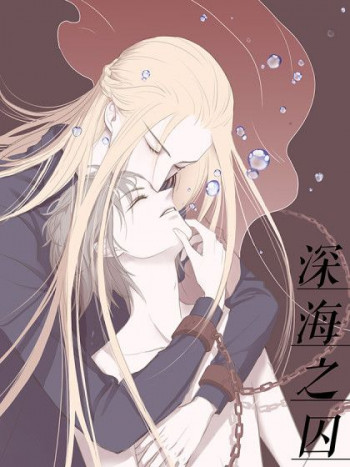
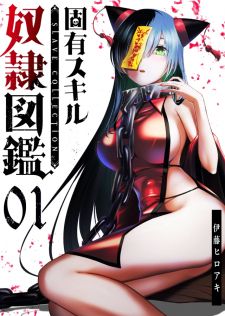


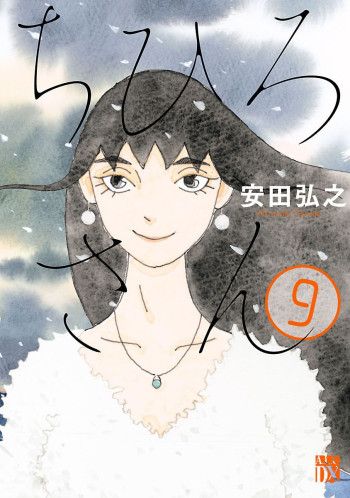










Reviews 0
Post a Reviews: